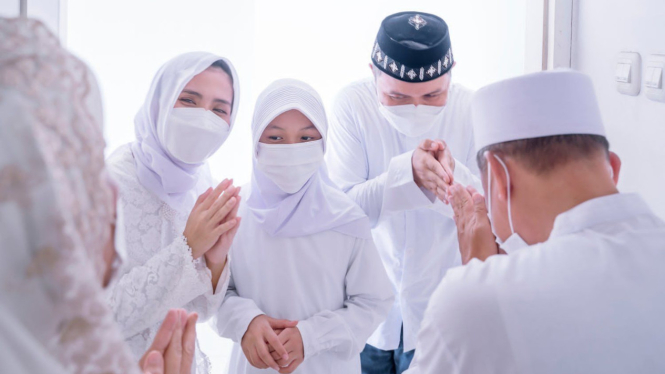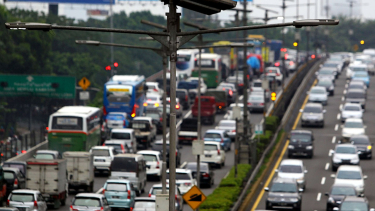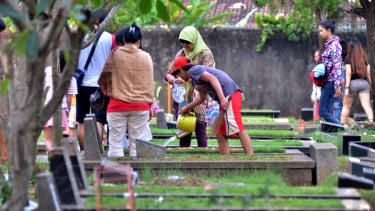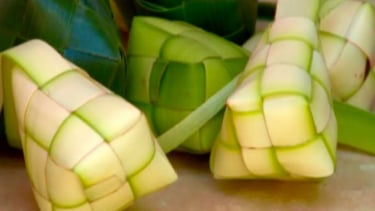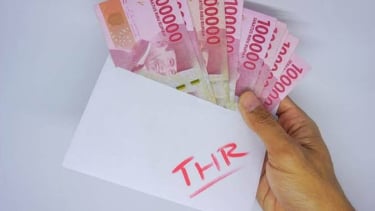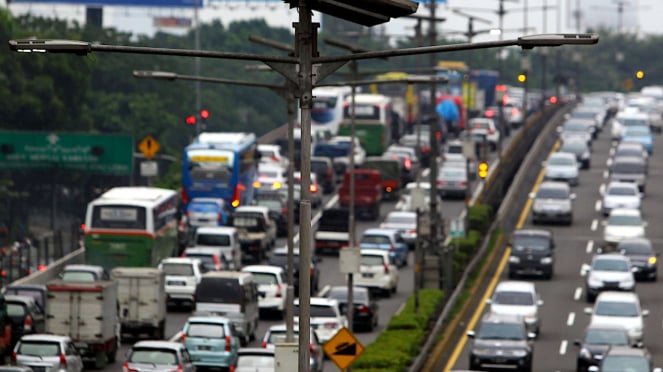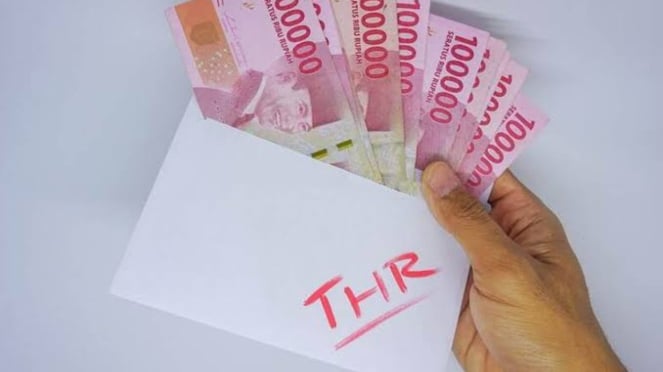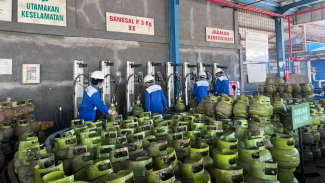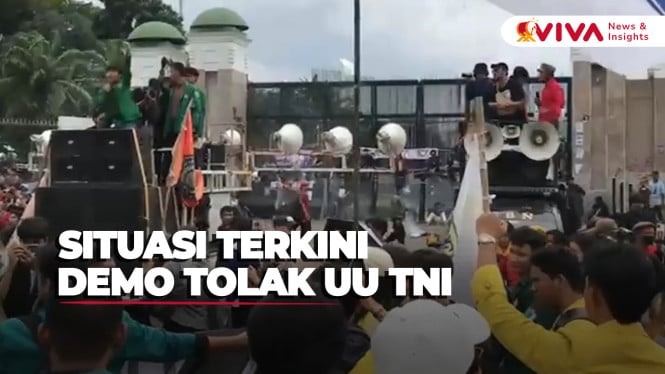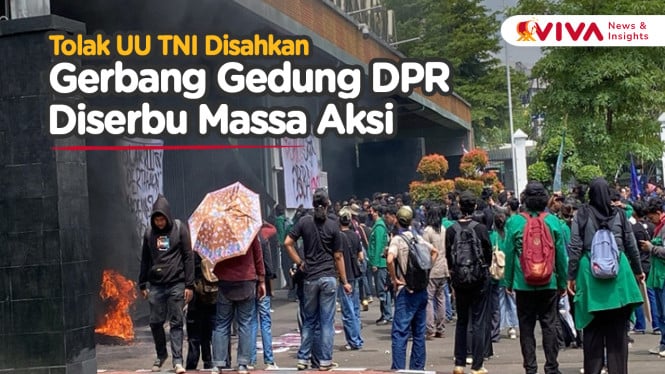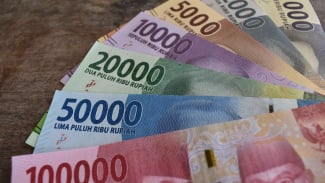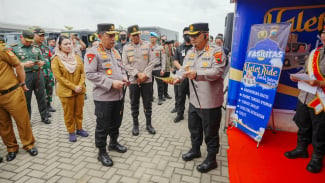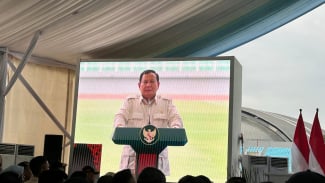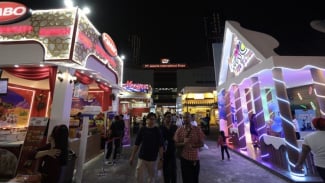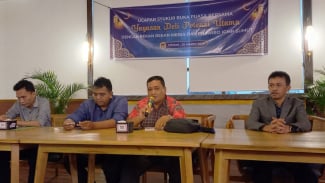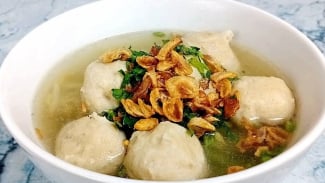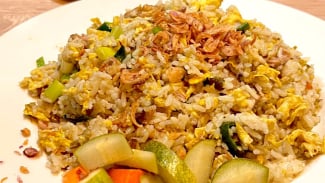Knowing 5 Eid al-Fitr Traditions in Indonesia
- Dok. Bibit
Jakarta – Eid al-Fitr is locally known as Lebaran in Indonesia and it becomes the most important holiday for Indonesians. Similar to other Muslim nations, Indonesians also celebrate with prayers, gatherings, and family reunions.
Traditions of Eid al-Fitr in Indonesia have become part of a cultural heritage that has been passed down from generation to generation.
The various activities carried out on this victory day are also actions recommended and carried out by the Prophet Muhammad.
1. Eid Homecoming
Ilustrasi macet / mudik
- Bridgestone Indonesia
Eid homecoming is the tradition of urban residents returning to their hometowns or villages to celebrate Eid al-Fitr with their families.
It's a massive annual migration, often involving long journeys by car, bus, train, or motorcycle. Eid Homecoming reflects the importance of family reunions and maintaining connections with one's roots.
2. Visiting Grave
Ilustrasi ziarah.
- VIVAnews/Ikhwan Yanuar
When Eid al-Fitr arrives, the common practice is to visit the graves of family members or parents who have passed away.
During this pilgrimage to the gravesite, Muslims in Indonesia will offer prayers, scatter flowers, and pour water onto the graves.
The tradition of visiting graves is one of the recommended practices established by Prophet Muhammad (peace be upon him). This is mentioned in the hadith as follows: From Buraidah, the Messenger of Allah (peace be upon him) said:
"Indeed, I forbade you from visiting graves, so visit them, as it will remind you of the Hereafter and increase your goodness by visiting them. Whoever wishes to visit, let them do so, and do not utter words of falsehood." (Narrated by Muslim).
3. Open House and Gathering with Family
Ilustrasi Kumpul Keluarga
- ist
After performing the Eid prayer, people usually visit relatives and closest neighbors as a form of maintaining good relations. They express respects or shake hands as a gesture of seeking forgiveness. This is not only a tradition but also an effort to foster good relationships among people.
The Prophet Muhammad (peace be upon him) said: "(The reality is) one who maintains family ties is not one who reciprocates the good done to him. Instead, it is one who, when his family ties are severed, quickly reconnects them." (Narrated by Bukhari).
4. Eating Ketupat
Ilustrasi ketupat
- VIVA.co.id/Filzah Adini Lubis
Eating ketupat is a familiar tradition. Consuming ketupat has become an inseparable custom whenever Eid al-Fitr arrives in Indonesia.
After performing the Eid prayer, families usually gather to enjoy ketupat dishes together. Typically, ketupat is served alongside signature dishes such as chicken opor, beef rendang, and crackers.
The making of ketupat typically involves coconut leaves or palm leaves as its wrapper. Then, the ketupat is filled with rice and boiled before the night of Eid al-Fitr.
5. Giving THR (Eid Holiday Allowance)
Ilustrasi tunjangan hari raya (THR).
- VIVA/Andrew Tito
Kids are gifted with colourful envelopes of money or known as THR (Eid Holiday Allowance) by their elders when they visit them.
Distributing THR has become a highly anticipated tradition among Muslims in Indonesia. Eid Allowance is a moment celebrated with joy when Eid arrives.
THR is not only pocket money given to children, teenagers, neighbors, or even unmarried young adults but also a form of appreciation from some companies to their employees.


